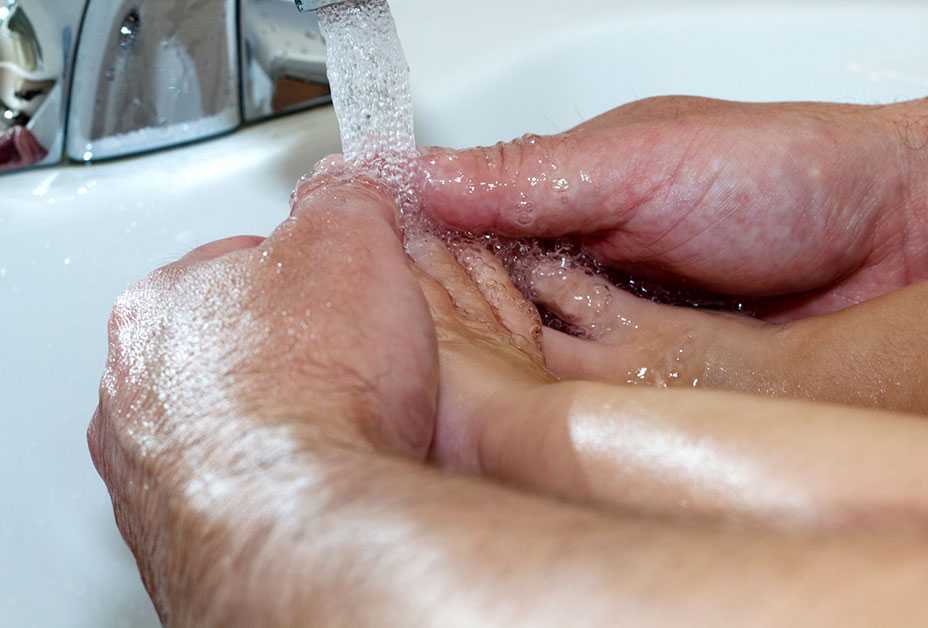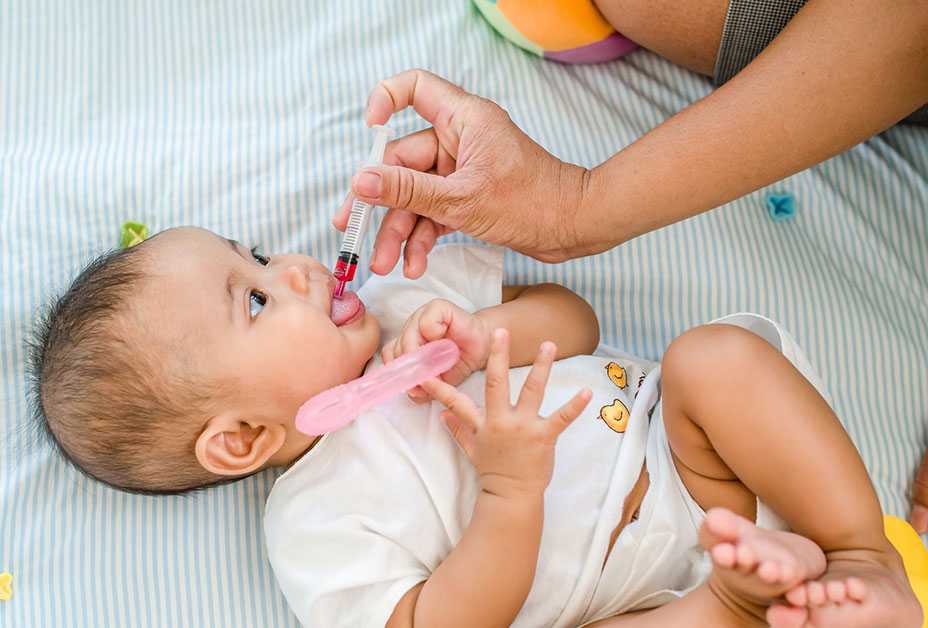Hand, Foot, & Mouth Disease
[hand] [foo t] [and; unstressed uh nd] [mouth] [dih-zeez ]

Hand, foot, and mouth disease, or HFMD, is a contagious illness that is caused by different viruses. It is common in infants and children younger than 5 years old, because they do not yet have immunity (protection) to the viruses that cause HFMD. However, older children and adults can also get HFMD. In the United States it is more common for people to get HFMD during spring, summer, and fall.
Quiz
Key Facts
- Usually causes fever, painful sores in the mouth, and a rash on the hands and feet.
- HFMD is a contagious disease.
- It mostly affects infants and children younger than 5 years old but people of any age can be infected.
- It has no specific treatment.
- Infection risk can be reduced by practicing good hygiene such as washing hands often.
Media
Prevention Tips
- Wash your hands often with soap and water for 20 seconds, especially after changing diapers.
- Avoid touching your eyes, nose, and mouth with unwashed hands.
- Avoid close contact such as kissing, hugging, and sharing cups and eating utensils with people who have HFMD.
- Disinfect frequently touched surfaces, including objects such as toys and doorknobs.
- Page last reviewed: April 26, 2017
- Page last updated: April 26, 2017
- Content source:


 ShareCompartir
ShareCompartir



